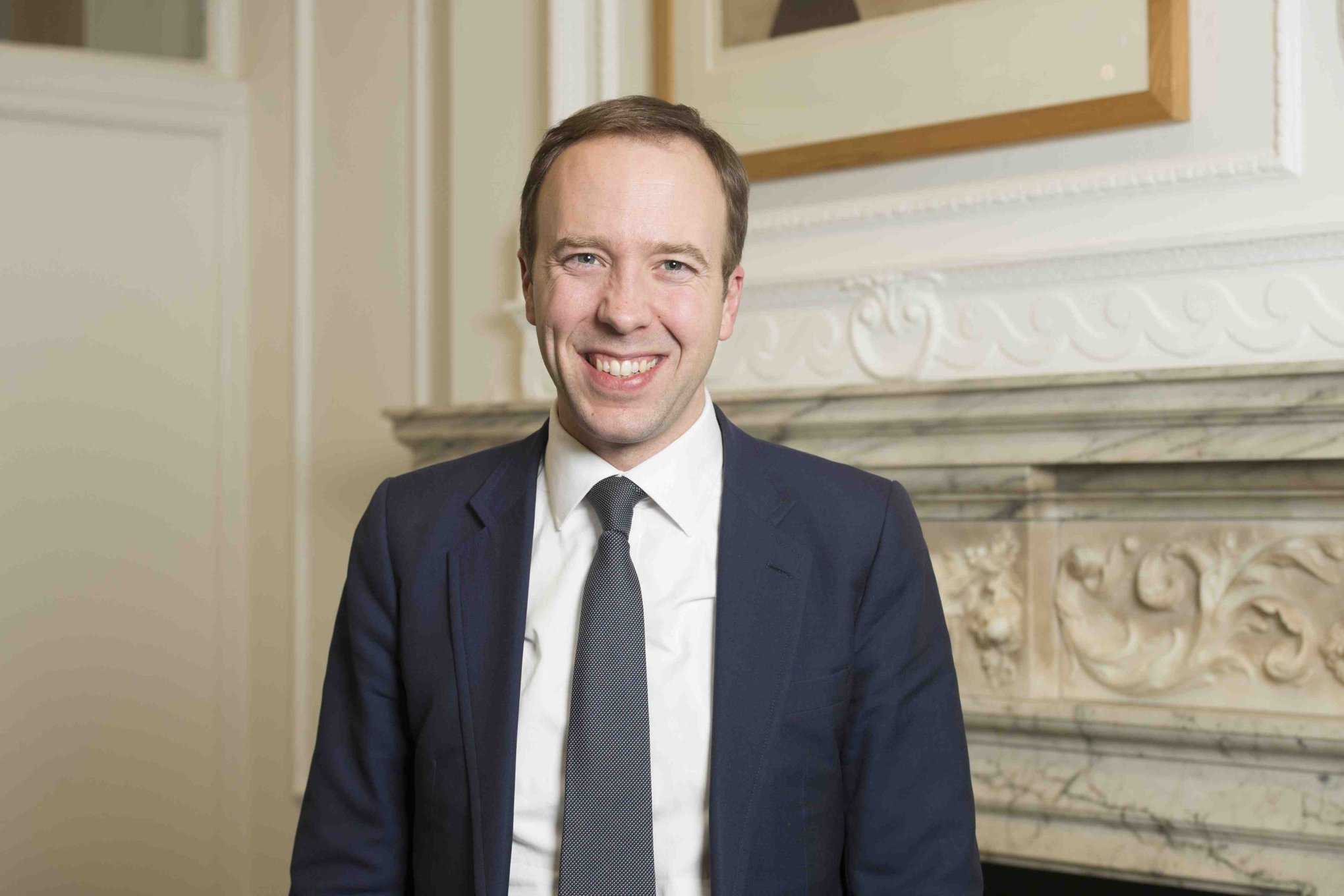Health Secretary Matt Hancock told MPs yesterday that if the UK crashes out of the EU, medicine shipments will be prioritised over food to ensure supplies are not disrupted.
In the comments – made to MPs during a hearing on the future of the NHS – Hancock (pictured below) stressed there was sufficient time to ensure that shortages can be avoided, welcoming pharma company efforts to stockpile the 12,000 different drugs used in the UK health services.

However, he said the UK was much more reliant on medicines from the EU27 than food, with around half of all drugs imported via the EU, so it makes sense to have a mitigation plan in case of “significant disruptions at the border”.
Hancock said the government has conducted a “line-by-line” analysis of the 12,000 licensed medicines in the UK to ensure continuity of supply, adding that the pharma industry “have risen to this challenge and done their duty thus far”.
The remarks come on yet another crunch day for the Brexit process, with MPs due to debate various amendments to the withdrawal agreement that was comprehensively rejected by the Commons a couple of weeks ago in the hope of coming up with a version that could command a parliamentary majority.
No fewer than 15 amendments have been tabled that could shape how Brexit unfolds (or perhaps unravels) in the coming weeks, and with just one day to debate the selection made by Speaker John Bercow will be important.
At the time of writing that hasn’t happened, but prominent in the build-up have been proposals to rule out leaving the EU with no deal, to strike out the controversial Irish backstop and ask Prime Minister Theresa May to renegotiate, or to delay Brexit from its scheduled date of 29 March.
Another amendment that could cause havoc with the government’s plans – tabled by former attorney general Dominic Grieve – would require it to hand over power to the Commons on each Tuesday from February 12 to March 26 so backbenchers can continue to deliberate, amend and vote on the Brexit deal.
As if that wasn’t enough of a political tangle, complicating proceedings even further are efforts by Work and Pensions Secretary Amber Rudd and Justice Secretary David Gauke to seek a free vote on Brexit, which would free MPs from the pressure of following the direction of party whips.
It’s expected that up to half a dozen amendments will be chosen for debate starting at 12:30 GMT, with a vote scheduled sometime after 19:00. The amendments won’t be bindings – and there’s no guarantee that the EU will entertain any changes to the withdrawal agreement anyway – but May will find it hard to ignore the outcome if a majority in Parliament can be achieved.
The last word from the EU side came from deputy chief negotiator Sabine Weyand, who reiterated yesterday that the backstop or indeed any part of the agreement was not up for renegotiation and that the paralysis in Westminster means “there is a very high risk of a crash-out, not by design, but by accident”.




